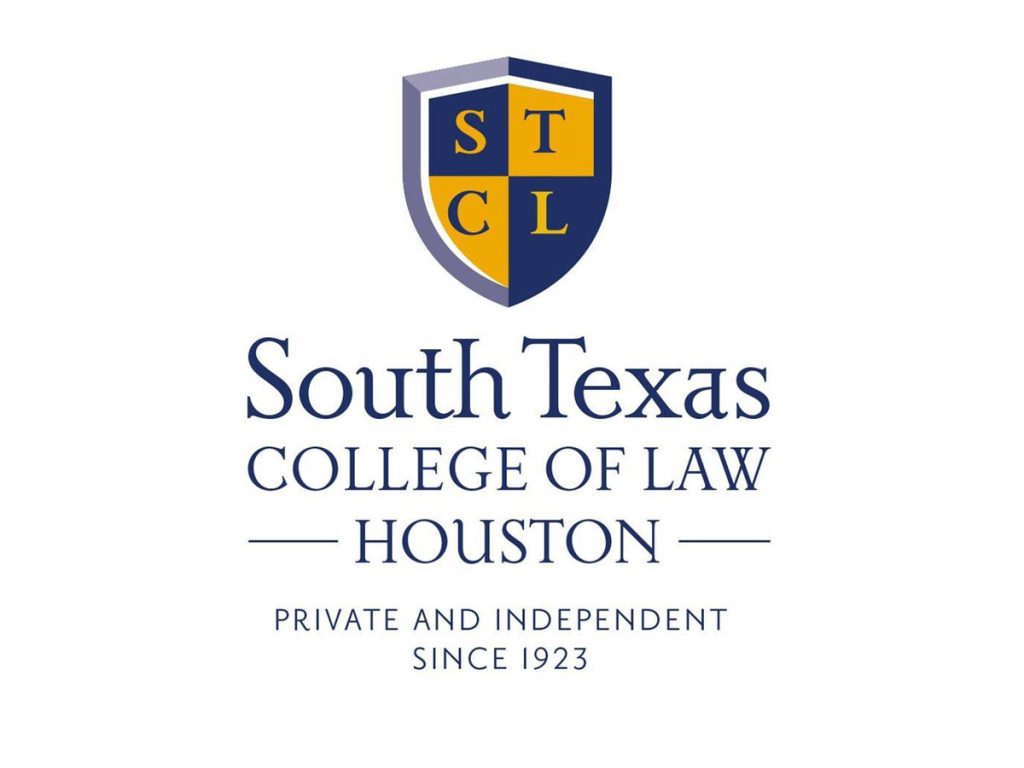by Professor Geoffrey Corn
 “However guilty defendants, upon due inquiry, might prove to have been, they were, until convicted, presumed to be innocent. It was the duty of the court having their cases in charge to see that they were denied no necessary incident of a fair trial.”
“However guilty defendants, upon due inquiry, might prove to have been, they were, until convicted, presumed to be innocent. It was the duty of the court having their cases in charge to see that they were denied no necessary incident of a fair trial.”
This quote from the Supreme Court’s 1932 opinion in Powell v. Alabama reflects a foundational pillar of our criminal justice system: that no matter how obvious a defendant’s guilt may be as a matter of fact, as a matter of law a criminal conviction is valid only if the defendant is afforded the process he is due.
When a criminal conviction is reversed because of a failure to afford such process, it is often a difficult outcome to understand. This is especially true when a conviction for a serious offense is reversed not based on skepticism about the factual predicate for the jury’s verdict, but because no matter how guilty ‘on due inquiry’ the defendant may be, he was denied a necessary incident of a fair trial.
Last week’s news that the Pennsylvania Supreme Court reversed Bill Cosby’s sexual assault conviction and barred any future retrial was for many stunning. The immediate story line is that an obviously guilty sexual predator has escaped criminal sanction based on a mere technicality. But such characterization debases the essence of the quotation cited above and contributes to a misunderstanding of the relationship between state power, fundamental fairness, and criminal condemnation.
When the state accuses an individual of a criminal offense it is the state that bears the burden of proving guilt and ensuring the defendant is afforded due process. It doesn’t matter how obviously guilty the defendant may be; we do not have a two-part system of fundamental rights with differing application depending on whether or not we think the defendant is guilty. In our system, justice is in large measure defined by process: when a defendant receives the process he is due and the outcome of that process is conviction, that conviction is deserving of respect. By ensuring protection of these fundamental rights for the most obviously guilty, we ensure protection from overzealous or misguided government prosecutorial power for the most innocent. As Justice Scalia noted in Crawford v. Washington, “[D]ispensing with confrontation because testimony is obviously reliable is akin to dispensing with jury trial because a defendant is obviously guilty.” His point was clear and emphatic: due process is the sine qua non of meaningful justice.
The Pennsylvania Court’s opinion turned on what amounted to a breach of promise by the District Attorney who originally assured Cosby he would not be prosecuted. The public statements that provided that assurance were made as the result of his judgment that the evidence was simply insufficient to support conviction. However, in order to deprive Cosby of the opportunity to invoke the privilege against self-incrimination in the context of the civil lawsuit against him for the same misconduct, the District Attorney acted to remove the risk of prosecution based on testimony Cosby would be called to give in his civil deposition. In short, the prosecutor decided to grant Cosby de facto immunity from prosecution for the misconduct that was the subject of the civil suit against him in order to aid the plaintiff by removing the fear of self-incrimination and thereby subjecting Cosby to an obligation to answer deposition questions.
And Cosby did just that. But years later a new District Attorney decided to reverse his predecessor’s course and prosecute Cosby, relying in part on Cosby’s deposition testimony to support the case. From inception Cosby’s lawyers objected that the prosecution breached the promise made by the prior District Attorney. This proved unsuccessful at both the trial and intermediate appellate courts, in large measure because under Pennsylvania law only a court is authorized to grant such immunity and therefore the District Attorney’s statements and assurances were not considered sufficient to qualify as such.
The Pennsylvania Supreme Court agreed that the District Attorney never granted de jure immunity. However, the Court rejected a formalistic assessment of the facts and focused on what was really at issue: had Cosby been denied a fundamental incident of a fair trial. And the answer was yes. For the Supreme Court, Cosby’s reliance on the assurances of the District Attorney resulted in a waiver of his privilege against self-incrimination; a waiver which was then exploited by subsequent prosecutors to support his conviction. This was, according to the Court, fundamentally unfair. In essence the Court concluded that Cosby had acted to his detriment in reliance on what amounted to a grant of de facto immunity. And that grant was the result of statements by the prosecutor originally responsible for deciding whether to try Cosby. As the Court noted, it is the unique responsibility of the prosecutor that justified holding the state to the promise he made:
As prosecutors are vested with such “tremendous” discretion and authority, our law has long recognized the special weight that must be accorded to their assurances. For instance, in the context of statements made during guilty plea negotiations, the Supreme Court of the United States has held that, as a matter of constitutional due process and as compelled by the principle of fundamental fairness, a defendant generally is entitled to the benefit of assurances made by the prosecutor.
. . .
Considered together, these authorities obligate courts to hold prosecutors to their word, to enforce promises, to ensure that defendants’ decisions are made with a full understanding of the circumstances, and to prevent fraudulent inducements of waivers of one or more constitutional rights. Prosecutors can be bound by their assurances or decisions under principles of contract law or by application of the fundamental fairness considerations that inform and undergird the due process of law. The law is clear that, based upon their unique role in the criminal justice system, prosecutors generally are bound by their assurances, particularly when defendants rely to their detriment upon those guarantees.
What Bill Cosby was convicted of doing was heinous, and the reversal of that conviction does not mean he didn’t do it. What it does mean is that the state, by depriving Cosby of fundamentally fair criminal process, forfeited the right to act on societies behalf to hold him criminally accountable for those crimes. This is undoubtedly painful for his victims and deeply disappointing for everyone who saw his conviction as an inflection point in the effort to ensure accountability for even the most powerful members of society who engage in such criminal misconduct. But even the most powerful, like the most obviously guilty, are protected by the fundamental rights inherent in the concept of due process. Cosby, like other obviously guilty defendants who escape condemnation because of a deprivation of due process, is best understood as a gratuitous beneficiary of a system and rights that are essential to protect the falsely accused and genuinely innocent.
It is easy to think of Cosby as the recipient of an unjustified windfall, but that windfall is the necessary price we pay to ensure the rest of us are protected from the immense power of the state. So before dismissing this as a miscarriage of justice based on a technicality, we should all pause and consider what it would me for the rest of us if the courts like that in Pennsylvania turned a blind eye to the deprivation of due process because it appears Cosby was in fact guilty. In the end, the real message from this decision is that due process is no mere technicality; it is the very foundation of justice.



